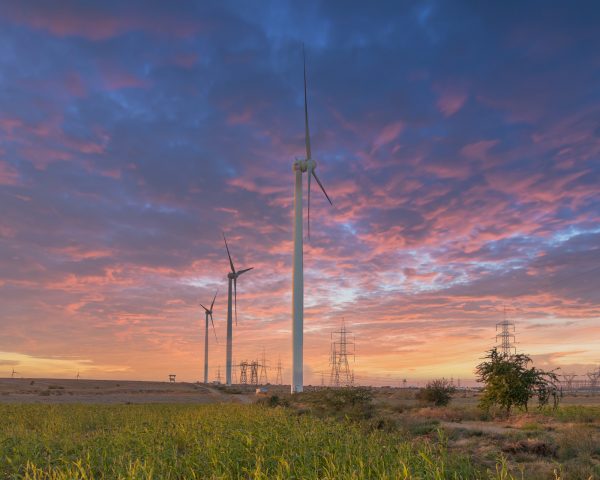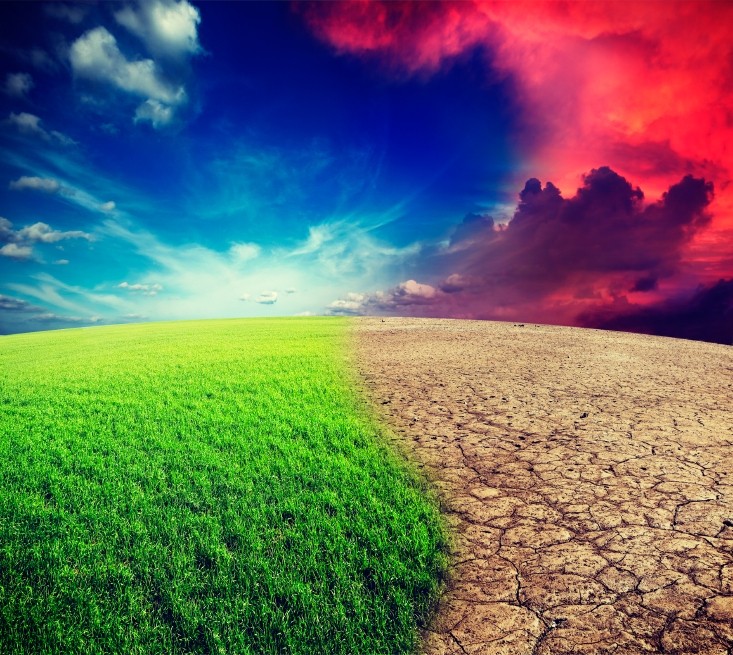
Empowering Rural Girls in Pakistan: Sustainable Solutions for Climate Change Mitigation
Introduction:
Climate change has emerged as one of the most pressing challenges of our time, with far-reaching and devastating impacts on communities around the world. Pakistan, in particular, is highly vulnerable to the effects of climate change, with changing weather patterns, increased frequency of natural disasters, and rising temperatures posing significant threats to the country’s social, economic, and environmental stability. In this context, it is crucial to understand the unique challenges faced by rural communities, especially girls, and the role that organizations like the Human Rights Welfare Society Pakistan can play in empowering them through technology access and digital literacy education to tackle climate change.
A. Current climate change challenges faced by Pakistan:
Pakistan is experiencing a range of climate change impacts, including increased frequency and intensity of floods, droughts, and heatwaves. These events have severe consequences on agriculture, water resources, food security, and public health. The country’s glaciers are also melting at an alarming rate, which not only threatens the livelihoods of millions of people dependent on glacier-fed rivers but also exacerbates water scarcity in the long run.
B. Disproportionate impact on rural communities and girls:
Rural communities in Pakistan, particularly women and girls, are disproportionately affected by climate change. Limited access to resources, educational opportunities, and decision-making processes make them more vulnerable to the adverse impacts of climate change. In rural areas, women are primarily responsible for household chores, agriculture, and water collection, and thus bear the brunt of natural disasters and environmental degradation. Moreover, the lack of education and awareness about climate change further exacerbates their vulnerability.
C. Importance of mitigating climate change through sustainable practices:
To address the climate change crisis in Pakistan, it is essential to adopt sustainable practices that promote resilience and reduce greenhouse gas emissions. This includes transitioning towards renewable energy, implementing water conservation measures, promoting sustainable agriculture, and improving waste management systems. These initiatives not only help mitigate climate change but also contribute to economic development, poverty reduction, and better environmental management.

The Role of Human Rights Welfare Society Pakistan:
- Technology access for rural communities: The Human Rights Welfare Society Pakistan can facilitate access to technology in rural areas, including the provision of smartphones, tablets, and internet connectivity. This would enable rural communities, especially girls, to access vital climate change information, weather forecasts, and early warning systems. Furthermore, technology can enhance communication and knowledge exchange, enabling them to learn from best practices and connect with experts and organizations working on climate change mitigation.
- Digital literacy education: Empowering rural girls with digital literacy education is crucial in providing them with the skills and knowledge to navigate the digital world and leverage technology for climate change mitigation. The Human Rights Welfare Society Pakistan can collaborate with local schools to establish digital literacy programs, enhancing their capacity to access online resources, engage in e-learning, and develop digital communication skills. Digital literacy education also opens up opportunities for entrepreneurship and employment in the green technology sector.
- Awareness campaigns on climate change: The organization can conduct awareness campaigns to educate rural communities about the impacts of climate change, sustainable practices, and adaptation strategies. These campaigns can involve workshops, community dialogues, and the dissemination of educational materials in local languages. By specifically targeting girls, the organization can challenge gender norms, empower them to become agents of change, and ensure their active participation in climate change mitigation efforts.
- Green skill development: The Human Rights Welfare Society Pakistan can play a crucial role in providing vocational training and green skill development, specifically focusing on sustainable agriculture, renewable energy technologies, and natural resource management. By equipping rural girls with these skills, they can actively contribute to climate change mitigation in their communities, reduce dependence on traditional practices, and promote environmentally friendly alternatives.
Conclusion:
Tackling climate change and empowering rural girls in Pakistan go hand in hand. By focusing on technology access and digital literacy education, the Human Rights Welfare Society Pakistan can actively contribute to climate change mitigation efforts and promote gender equality. Empowering rural girls enables them to break the cycle of poverty, become climate change advocates, and actively contribute to sustainable development. It is essential that organizations, policymakers, and stakeholders work together to address the climate change crisis in Pakistan and ensure a brighter and more sustainable future for rural communities and girls.
All Categories
- Agricultural Methods
- Agriculture and Women Small Farmers Rights Awareness
- Climate Change
- Disable and Human Rights
- Disable Jobs
- Donation
- Education
- Health Issues
- Organic Foods
- Organic Vegetables
- Orphans Children
- Plastic production and disposal
- Services
- Sinking in Scarcity
- Success Stories
- Uncategorized
- Waste Management
- Women Rights
- Youth Empowerment




